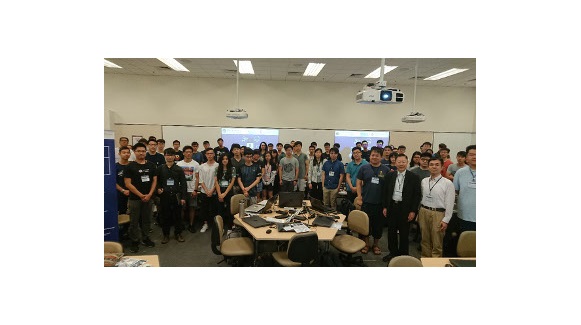Professor H. Hu

Dr Hu’s research interests include: (1) mobile service authentication and assurance, (2) adversarial machine learning and defence techniques, and (3) privacy-protection techniques for networks, IoT and mobile payment systems. As the principal investigator, he has received over 10 million HK dollars of external research grants from Hong Kong and the mainland China, including 6 GRF projects, 1 NSFC project, 1 ITF project, and 2 Huawei collaborative research projects. He is the guest editor of ACM Transactions on Data Science, and has chaired or served in the organizing committee of many international conferences, such as ACM GIS 2020, MDM 2019, DASFAA 2011, DaMEN 2011, 2013 and CloudDB 2011, and in the programme committee of dozens of international conferences and symposiums.
Research Highlights:
Mobile service authentication and assurance: To address the trustworthy issue in mobile services, e.g., mobile social networking services, service providers should deliver services in an authenticatable manner, so that the correctness of the service results can be verified by users. Dr Hu and his group in this field have advanced the state-of-the-art authentication and assurance schemes without compromising user privacy and service efficiency.
Adversarial machine learning and defence techniques: Adversarial machine learning is the study of machine learning theory and tools in a hostile environment with internal or external adversaries. Typical security attacks in adversarial machine learning include sample poisoning, model extraction, and model evasion. The group’s works on model extraction attack and defensive skills have pushed the state-of-the-art techniques to a new level with both theoretical guarantee and practical feasibility.
Privacy-protection techniques for networks, IoT and mobile payment systems: The emerging IoT and 5G networks arouse public concern for privacy protection. The group’s research on privacy has spanned wide application domains, including databases, location-based services, wireless networks, and mobile payment systems. The group has employed a variety of technical solutions such as homomorphic encryption, differential privacy, oblivious RAM, and hardware-based trusted execution environment (TEE), such as Intel SGX and ARM TrustZone.

Security Bootcamp 2019, co-organized with Internet Society



